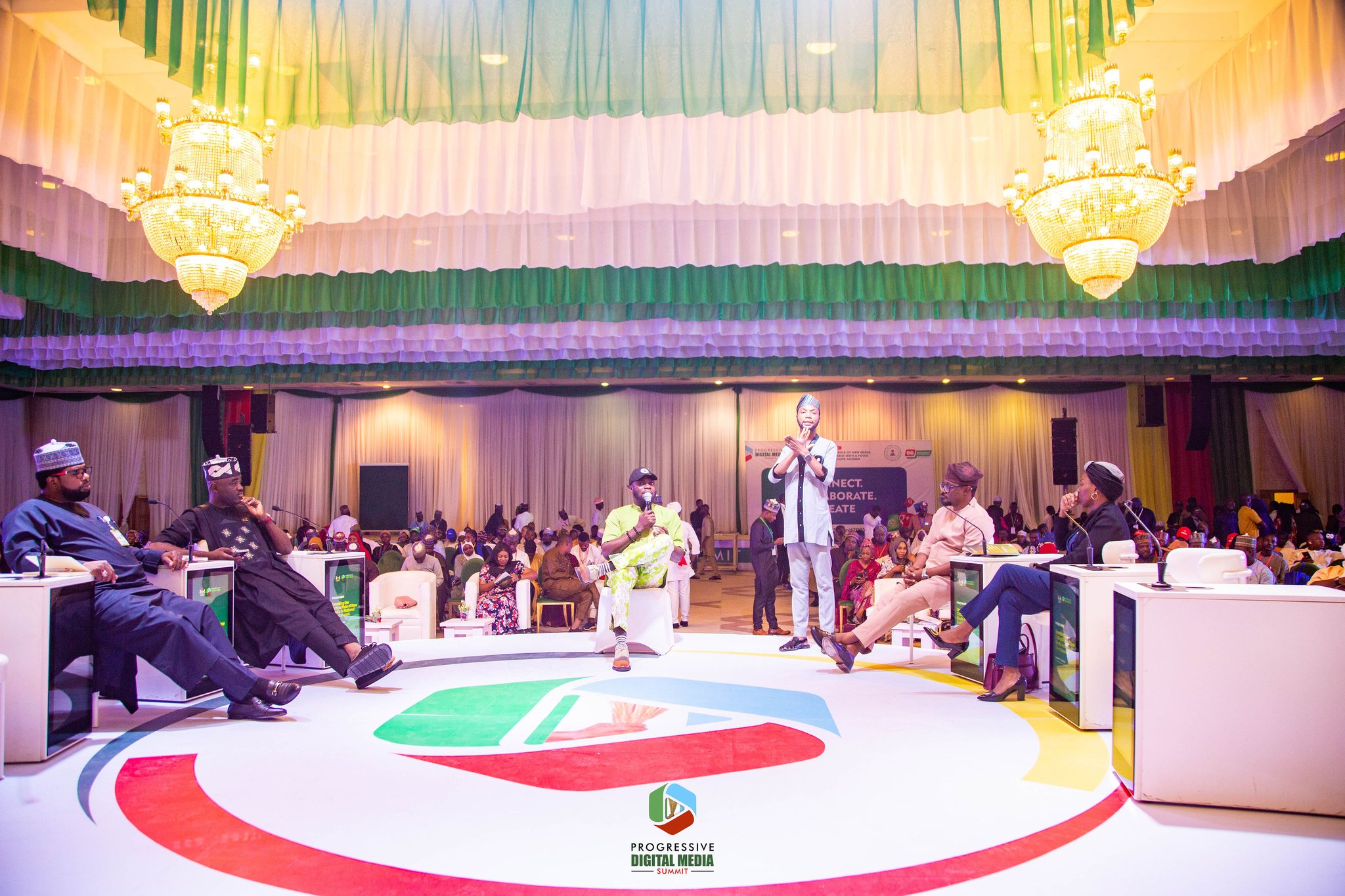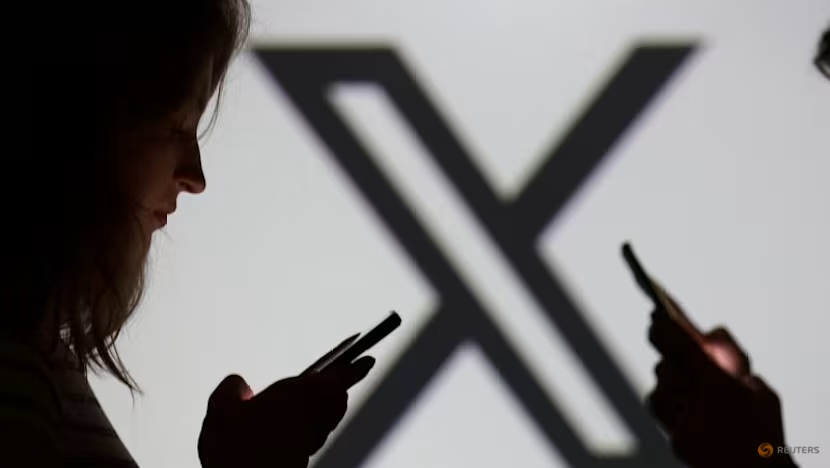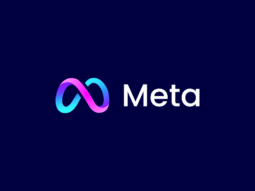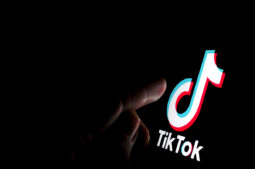The DigiMediaSummit2025, held in Abuja, Nigeria, from July 24-26, 2025, brought together global thought leaders, digital marketers, policymakers, and industry pioneers to discuss the evolving landscape of digital media. With a focus on leveraging technology, fostering authenticity, and navigating the complexities of AI-driven innovation, the summit provided a wealth of insights for brands, creators, and professionals aiming to thrive in the digital age.
Drawing from key sessions, panel discussions, and fireside chats, including contributions from notable figures like Japheth J. Omojuwa, this article distills five critical lessons from the summit that are set to define the future of digital media.
1. Authenticity is the Currency of Engagement
One of the standout themes from DigiMediaSummit2025 was the growing importance of authenticity in digital content creation. As noted in discussions around social media trends, audiences are increasingly skeptical of polished, overly curated content. Instead, they gravitate toward brands and creators who prioritize transparency and genuine storytelling. A panel discussion featuring industry experts, including Omojuwa, emphasized that authenticity builds trust, which is critical for long-term audience retention. For instance, case studies presented at the summit highlighted how brands leveraging user-generated content and behind-the-scenes narratives saw a 25% increase in engagement rates compared to traditional advertising. The lesson here is clear: brands must prioritize relatable, human-centered content to foster deeper connections in an oversaturated digital space.
2. AI is Reshaping Content Creation, but Human Oversight Remains Essential
The integration of artificial intelligence (AI) into digital media was a focal point, with sessions exploring generative AI, agentic AI, and their implications for content strategy. Drawing from insights shared at similar events like the Digiday Media Buying Summit, AI is transforming how content is created, optimized, and distributed, enabling hyper-personalized campaigns at scale. However, speakers cautioned against over-reliance on AI, stressing the need for human creativity to guide ethical and effective use. For example, a case study on AI-driven ad campaigns showed a 15% improvement in click-through rates but highlighted risks of consumer distrust when AI-generated content lacked transparency. Omojuwa’s panel underscored the importance of balancing AI’s efficiency with human judgment to maintain brand integrity and cultural relevance, particularly in diverse markets like Nigeria.
3. Community-Driven Strategies Outperform Algorithm-Chasing Tactics
The summit debunked the myth that chasing algorithms is the key to digital success. Instead, speakers emphasized building community-driven strategies that prioritize audience interaction over fleeting algorithmic boosts. A workshop on social commerce revealed that brands fostering interactive content—such as polls, live streams, and quizzes—saw a 30% increase in conversion rates compared to those solely optimizing for platform algorithms. This aligns with global trends discussed at events like the Social Media Summit, where community engagement was identified as a driver of long-term loyalty. The lesson for Nigerian brands is to invest in creating digital spaces where audiences feel heard and valued, particularly in a market where cultural nuances and local storytelling resonate deeply.
4. Ethical Marketing is Non-Negotiable in an AI-Driven World
Ethical considerations in digital media took center stage, with discussions on data privacy, consumer trust, and the responsible use of AI. A session inspired by global summits like the Digiday Media Buying Summit explored public concerns about AI’s use of personal data, noting that 68% of consumers express unease about data-driven advertising. Omojuwa, a respected voice in digital leadership, highlighted the need for brands to adopt transparent data practices to build consumer confidence, especially in Nigeria, where digital literacy is growing but skepticism about data misuse persists. The takeaway is that ethical marketing—rooted in clear communication about data usage and respect for user privacy—is not just a legal necessity but a competitive advantage.
5. Networking and Cross-Industry Collaboration Drive Innovation
DigiMediaSummit2025 underscored the power of networking, with structured opportunities like roundtable discussions and fireside chats fostering collaboration among marketers, tech innovators, and policymakers. Drawing parallels with events like DigiMarCon, which prioritizes networking breaks to spark innovation, the summit facilitated connections that led to actionable partnerships. For instance, a fireside chat with Nigerian policymakers and digital pioneers explored how public-private collaborations could enhance digital infrastructure, such as improving broadband access to support Nigeria’s digital economy. Attendees left with not only insights but also new professional relationships, reinforcing the idea that innovation thrives in collaborative ecosystems.
Applying the Lessons in Nigeria’s Context
For Nigeria’s digital media landscape, these lessons carry unique significance. The country’s vibrant digital ecosystem, with over 120 million internet users and a growing social media penetration rate, presents immense opportunities for brands. However, challenges like inconsistent internet access and cultural diversity require tailored strategies. The summit’s emphasis on authenticity resonates with Nigeria’s youth-driven market, where platforms like X and TikTok thrive on relatable content.
Meanwhile, ethical marketing and community-driven approaches can help brands navigate Nigeria’s complex socio-cultural dynamics, ensuring campaigns resonate across urban and rural divides.ConclusionDigiMediaSummit2025 was a transformative event that illuminated the path forward for digital media professionals. From prioritizing authenticity and ethical practices to leveraging AI responsibly and fostering community engagement, the summit provided a roadmap for navigating the complexities of the digital age. As Japheth J. Omojuwa and other thought leaders emphasized, success in digital media hinges on blending technological innovation with human-centric strategies.
For Nigerian brands and creators, these lessons offer a blueprint to not only compete but lead in a rapidly evolving global digital landscape. By embracing these insights, businesses can drive engagement, build trust, and shape a future where digital media serves as a force for connection and growth.







